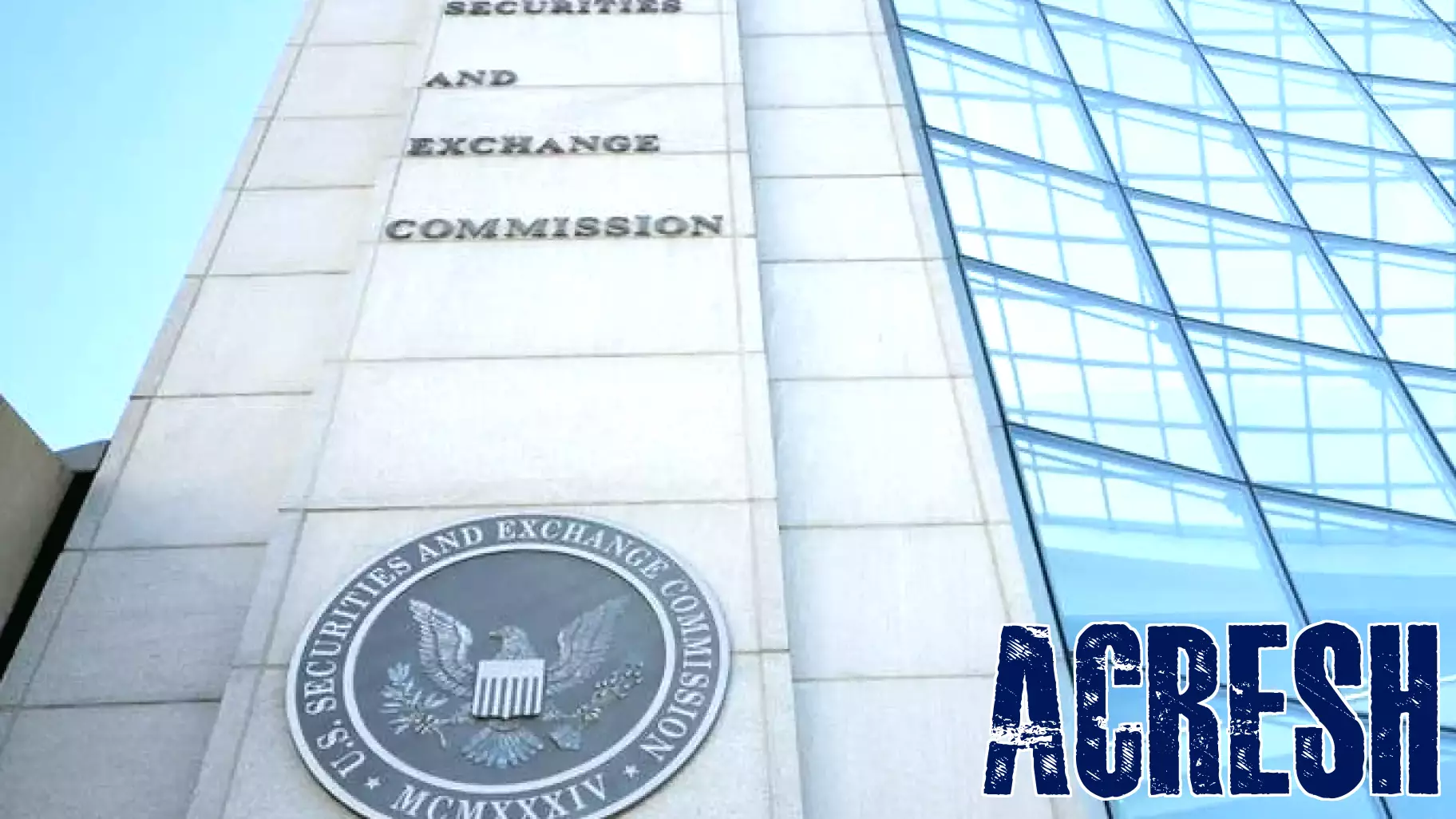January 26, 2025 - 04:58

Real estate has long been viewed as a stable avenue for financial growth, typically accessible only to those with significant capital or insider connections. However, the recent trend of securitizing real estate is transforming this landscape, making it more inclusive for everyday investors. This innovative approach allows individuals to invest in real estate through fractional ownership, effectively lowering the barrier to entry.
The U.S. Securities and Exchange Commission (SEC) plays a crucial role in regulating these new investment vehicles. By overseeing the securitization process, the SEC aims to protect investors and ensure transparency in transactions. This regulatory framework is designed to build trust among investors who might be hesitant to dive into real estate due to past market volatility or fraud concerns.
As more platforms emerge that offer real estate investment opportunities, the SEC's involvement could pave the way for a new generation of investors. With the potential for diversified portfolios and the ability to invest in properties that were once out of reach, many are optimistic about the future of real estate investment under SEC oversight. However, the question remains: can investors truly rely on these regulations to safeguard their interests?



